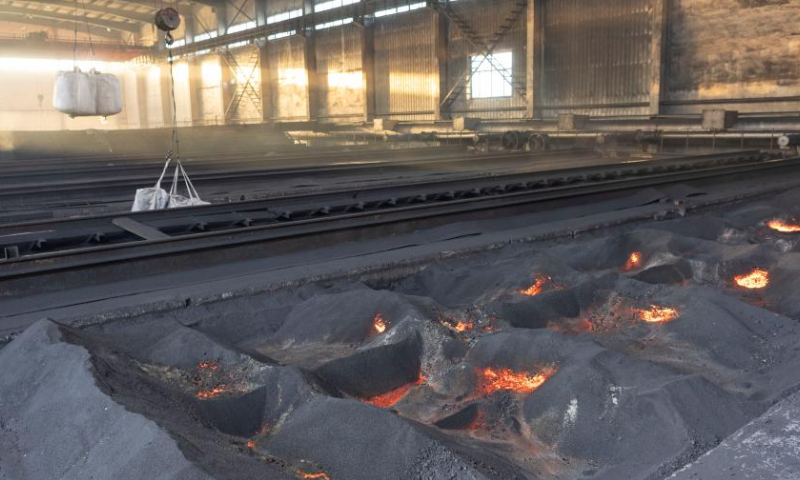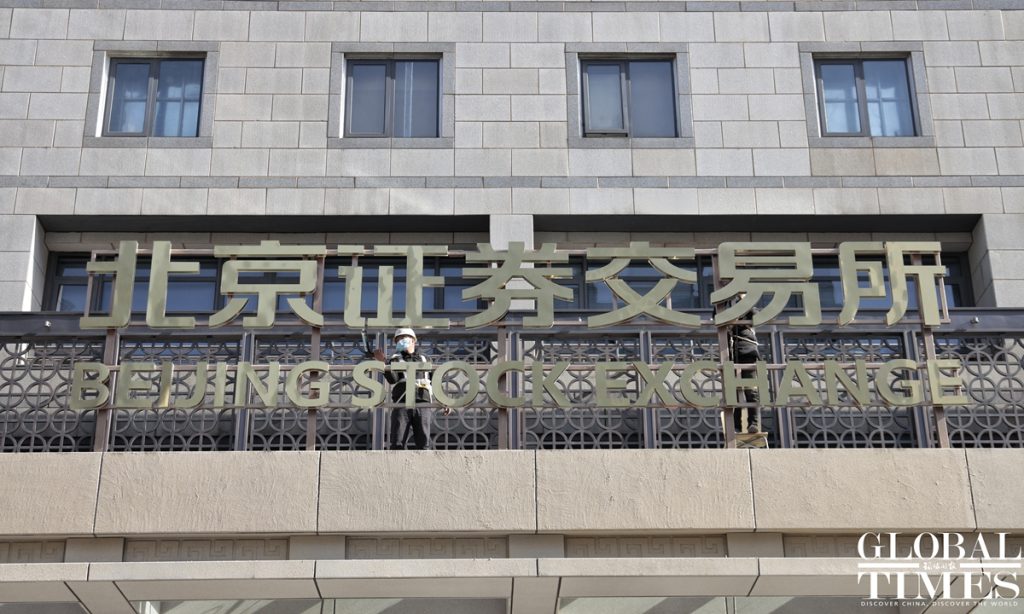Chinese scientists successfully develop ultra-high pure graphite

Chinese scientists have successfully developed ultra-high pure graphite, reflecting that the China's graphite products now reach the world's leading standards, Xinhua News Agency reported on Tuesday.
At a press conference held in Hegang, Northeast China Heilongjiang Province, Wang Jionghui's team from China Minmetals Co unveiled innovational breakthrough in graphite purification technology, successfully producing ultra-high pure graphite with 99.99995 percent purity. This achievement positions China as a global leader in the making of ultra-high pure graphite, according to Xinhua.
Wang's research team has revolutionized graphite purification process by developing a process in tandem with top equipment manufacturers in the country. Their innovative approach, which merges physical-chemical, low and high-temperature, and ultra-high vacuum purification, elevates graphite purity from 95 percent to 99.99995 percent, while ensuring stable product quality. Additionally, their integrated process significantly reduces production cost.
Ultra-high pure graphite, which contains more than 99.99 percent carbon, features excellent self-lubrication, conductivity, corrosion and high-temperature resistance, and chemical stability, Liu Enqiao, a senior analyst at Beijing-based Anbound Think Tank, told the Global Times on Tuesday.
"The higher the purity of graphite is, the better the graphite's lubricity, conductivity, corrosion resistance and chemical stability. Such materials are extensively used in advanced industrial sectors such as aerospace, superconductors, integrated circuits, and semiconductors," Liu stated.
"Currently, the breakthrough is still at an experimental stage with its commercial viability still under evaluation. If commercialized, the pure graphite would enable China to play a prominent role in the market. The demand for high-purity graphite in cutting-edge industrial sectors has been growing, and the technological advancement could significantly liberate us in this field, reducing our dependencies," Liu added.
Founded in 1950, China Minmetals Co has taken metals and minerals as its core business, operating as a state-owned capital investment company.
It operates one of the world's largest graphite mines in Hegang city, Heilongjiang Province, with a facility producing 200,000 tons annually and has phased in a set of deep-processing industrial chain. Now, Wang's team is accelerating the development of high-end anode materials, nuclear-grade graphite, as well as semiconductor-grade graphite.

